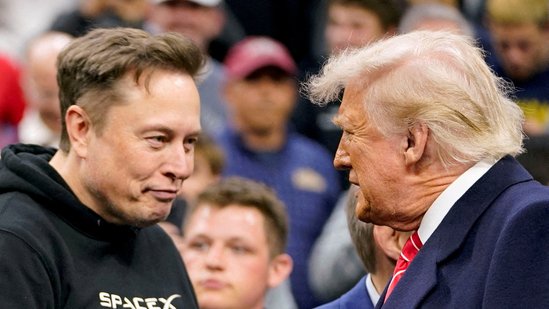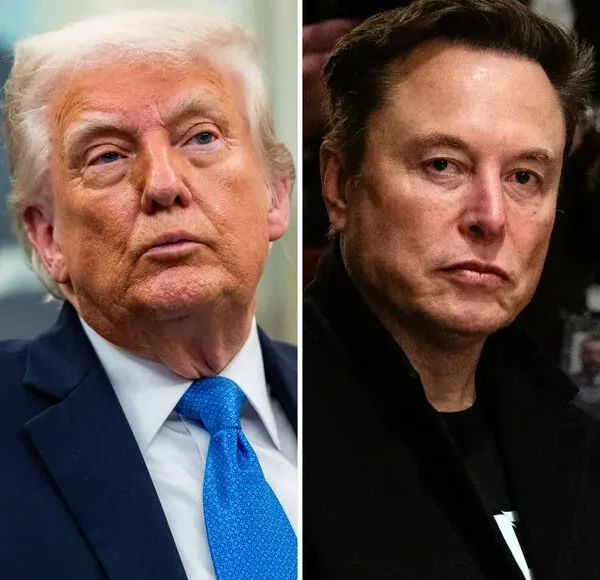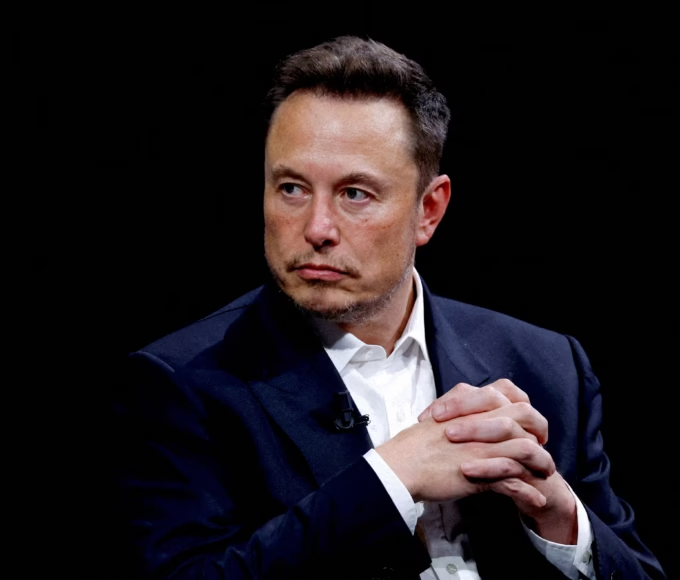Elon Musk has officially stepped down from his role in the Trump administration, marking the end of a short but highly publicized tenure as head of the Department of Government Efficiency (DOGE). The billionaire entrepreneur cited fundamental disagreements with the administration’s spending policies—particularly the controversial “Big Beautiful Bill”—as the reason behind his exit.
What Was Elon Musk’s Role in the Government?
In late 2024, Musk joined the Trump administration with a bold promise: to eliminate government waste and save trillions in taxpayer dollars. As head of DOGE, Musk aimed to introduce Silicon Valley-style innovation into the public sector, targeting outdated systems and redundant expenditures.
Why Did Elon Musk Step Down?
The turning point came with the introduction of the administration’s massive spending package, dubbed the “Big Beautiful Bill.” Despite claims of budget efficiency, the bill projected a $3.3 trillion increase in the federal deficit over the next decade. For Musk, this was a clear violation of DOGE’s core mission.
In a strongly worded statement on social media, Musk criticized the bill, saying it could be “big” or “beautiful,” but not both. He argued that the legislation undermined every principle of fiscal responsibility he had tried to implement.
DOGE’s Underwhelming Results
Musk’s time in office saw limited success. Although the administration claimed savings of over $2 trillion, only about $175 billion was confirmed by independent audits. Many of the initiatives lacked transparency, and internal resistance slowed key reforms. With mounting criticism and minimal impact, Musk’s resignation seemed inevitable.
Business Consequences
Musk’s political involvement came at a cost. Public backlash affected Tesla’s reputation, especially among environmentally conscious consumers. Shareholder concerns and declining sales hinted that staying in government might be hurting Musk’s broader brand image. By stepping away, Musk signals a return to focus on his core ventures—Tesla, SpaceX, Neuralink, and xAI.
A Parting Note
In his farewell message, Musk thanked President Trump for the opportunity but reaffirmed his commitment to innovation and efficiency in the private sector. He expressed hope that DOGE’s mission would continue without him, but made it clear that the current political climate is not conducive to real reform.
Conclusion: What This Means for the Future
Elon Musk’s resignation from the Trump administration highlights the deep divide between political agendas and business-driven efficiency goals. It also serves as a cautionary tale about the risks of merging public service with corporate leadership. As Musk returns to the tech world, all eyes are on what he’ll do next—and whether the government will ever find a true path to streamlined spending.

















Leave a comment